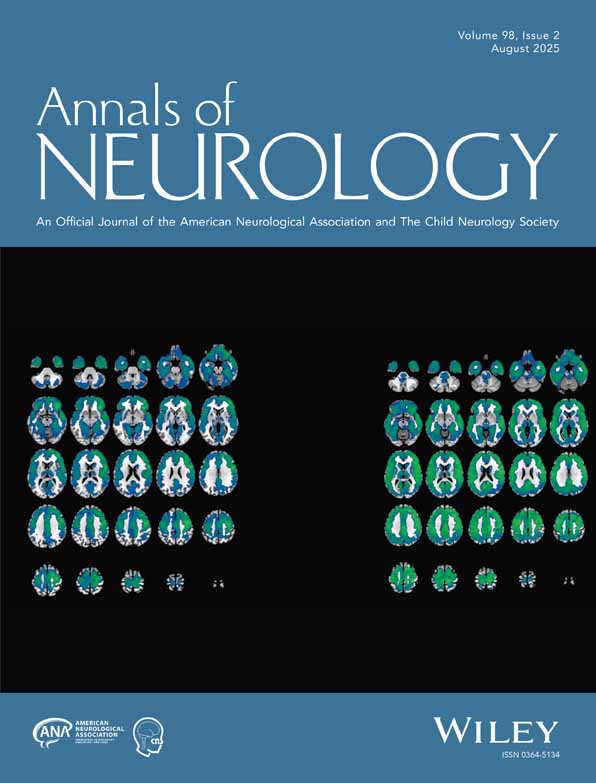The prevalence of dementia and Alzheimer's disease in Shanghai, China: Impact of age, gender, and education
Abstract
We report the prevalence rates for dementia and Alzheimer's disease (AD) obtained from a probability sample survey of 5,055 noninstitutionalized older persons in Shanghai, China. A two-stage procedure was used for case finding and case identification. A Chinese version of the Mini-Mental State Examination was used to determine cases of possible dementia. Three different cutoff points on this mental status test were used depending on the respondent's level of education. Clinical evaluations, based on functional assessments and psychiatric inverview, medical and neurological examinations, three standardized mental status tests, and a selected group of psychometric tests, were made in the second stage of the study to ascertain the clinical diagnoses of dementia and AD utilizing the Diagnostic and Statistical Manual for Mental Disorders, edition 3 and National Institute of Neurological and Communicative Disorders and Stroke–Alzheimer's Disease and Related Disorders Association criteria, respectively. The prevalence rate of dementia in persons 65 years and older was 4.6%. Clinically diagnosed AD accounted for 65% of the subjects with dementia. These findings indicate that the prevalence of dementia in Shanghai is very much higher than figures published earlier for China and Japan, and at the lower part of the range of values reported for community residents in the United States and other Western countries, but less than half of that reported in the recently published survey of the elderly in East Boston. Increasing age, gender (female), and low education are each highly significant and independent risk factors for dementia. One hypothesis to explain the increased prevalence in elderly women who had received no formal education invokes the possibility of an effect of early deprivation, perhaps lowering brain %reserve,% allowing the symptoms of dementia to appear at an earlier date during disease progression.




